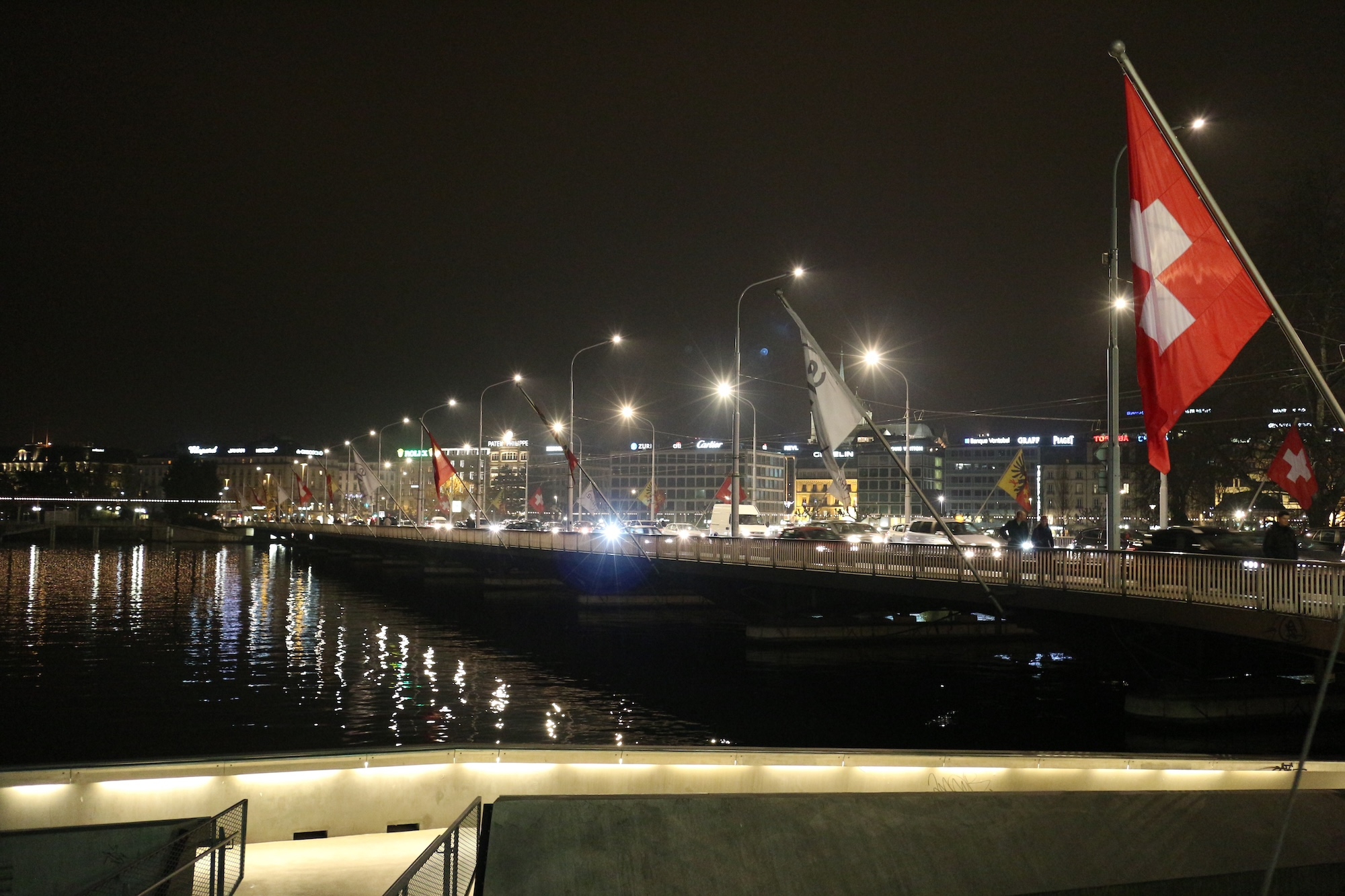Established in 2001, touted as the “Oscars of Watchmaking,” the Grand Prix d’Horlogerie de Genève is marketed as the most important night in watchmaking.
The glaring problem is that nobody has to pay to receive an Oscar, yet to register to enter the Grand Prix d’Horlogerie de Genève (GPHG), each watch company must pay a fee. And if they’re nominated to move forward, they must pay an even larger fee. Unlike editorial watch publications — where the majority of the coverage is completely free — nothing the GPHG does is free.
There are over 1,000 members of the GPHG (referred to as “Academy members”), from whom a selection of 30 is made each year to form the Jury, which then makes the final award selections. This is all well and good as long as you’re aware that every selection is paid for.
Jury or not, there’s nothing organic about the Grand Prix d’Horlogerie de Genève. And earlier this month, the Oracle of Time published a detailed report about the controversial GPHG awards process. It was brave of them to write this because the agency hired to promote the awards show (289 Consulting) uses every tactic in its playbook to manipulate media, like attack dogs.
Just look at the sheer number of Academy members (over 1,000 as of 2025). If that’s not a strategic way of keeping industry voices and media in line with the GPHG mission, I don’t know what is.
There are clearly valid reasons why industry leaders Rolex, Omega, and Patek Philippe, among others, don’t participate in the GPHG. Despite the Grand Prix d’Horlogerie de Genève being evangelized as the “Oscars of Watchmaking,” not everyone is a believer.


